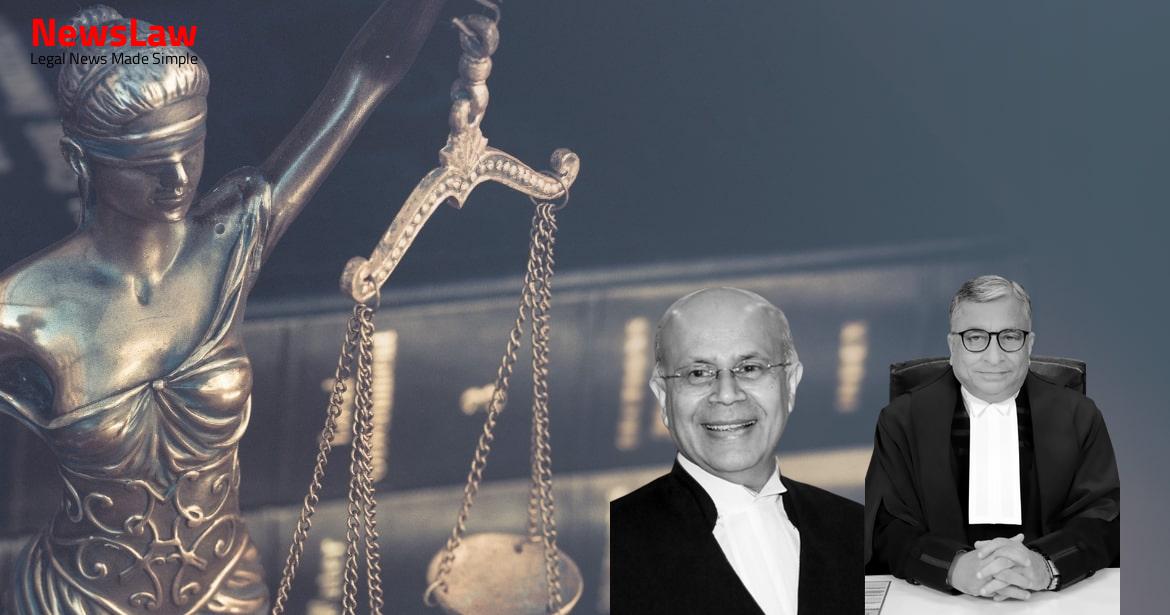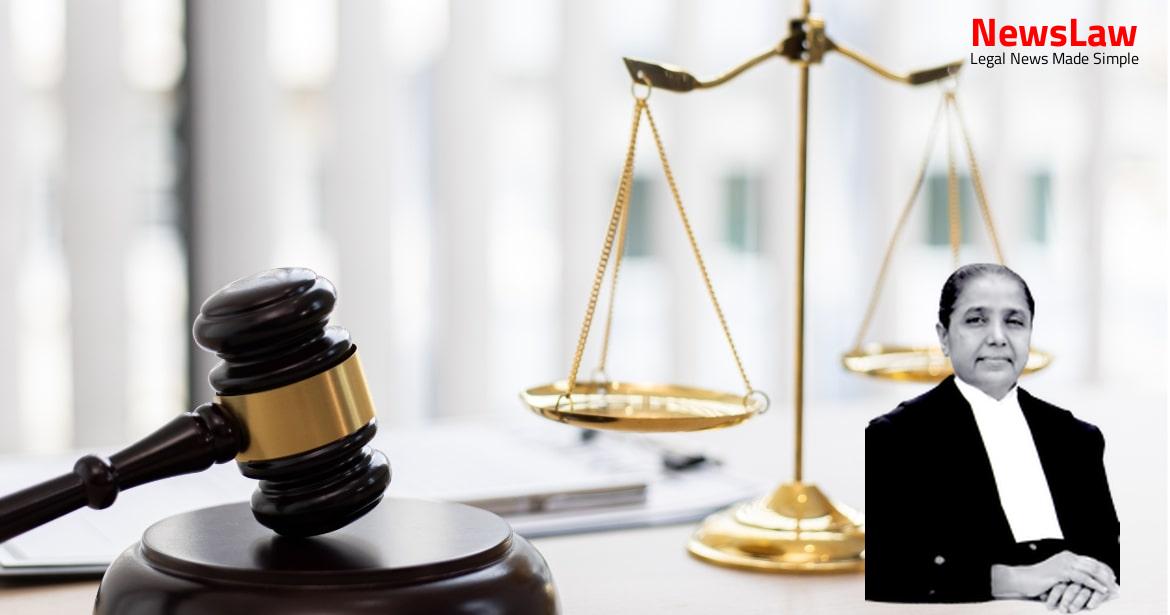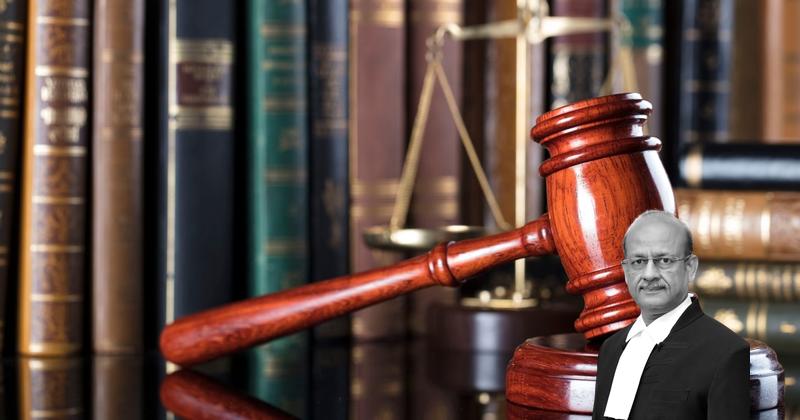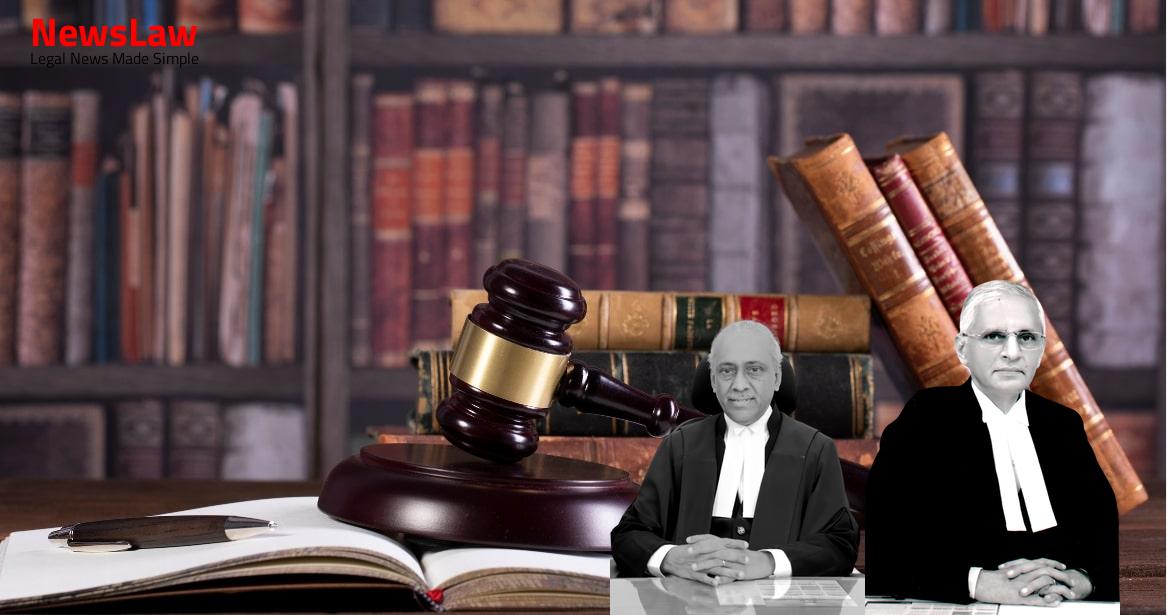In a landmark judgment by the Supreme Court of India, justice has been served in the Arjun Kidnapping case. The court acquitted all accused, highlighting the necessity of proving guilt beyond reasonable doubt in circumstantial cases. The case involved the disappearance of Arjun and subsequent findings of a mutilated body, leading to a complex legal battle. The decision sets a precedent for the scrutiny of evidence and the presumption of innocence.
Facts
- Paramhansh Mangal Yadav reported his son, Arjun, missing on 5th February 2001.
- Complainant noticed Arjun was missing when he returned home for lunch on the fateful day.
- Search for Arjun was carried out in the streets and among relatives, but he could not be located.
- Shailendra Rajdev Pasvan, along with others, initially joined the search for Arjun but later disappeared.
- Appellant No. 1 made a call to the complainant from Vapi after vanishing, raising suspicions.
- Complainant sent his brother-in-law and two relatives to bring back Appellant No. 1 from Vapi.
- Appellant No. 1 allegedly made an extra-judicial confession before around 50 people, admitting to kidnapping Arjun at the behest of Accused No. 5, due to grievance against the complainant.
- A mutilated decomposed dead body without one leg was found by Naginbhai Kalyanji Patel and his son Sanjay Patel in their agricultural farm.
- The dead body was sent for post mortem to the New Civil Hospital in Surat.
- Charges were framed against the accused for offenses under various sections of the IPC and Arms Act.
- The trial court acquitted the accused from the charges.
- Appellant No 1 had taken Arjun to the railway station and handed him over to Appellant Nos. 2 and 3.
- Appellant No 1 was arrested by the police on February 14, 2001.
- The police claimed that the dead body was of Arjun and Appellant No 1 disclosed the location where Arjun was left with Appellant Nos. 2 and 3.
- Appellant Nos. 2 and 3 showed the place where Arjun was murdered and his body was disposed.
Also Read: Waiver of Policy Conditions: Supreme Court’s Landmark Decision
Analysis
- The High Court failed to consider crucial facts and contradictions in the testimonies of key witnesses PW-28 and PW-29.
- The post-mortem report indicated a significant time gap between the last seen together instance and the alleged time of death, raising doubts.
- The prosecution heavily relied on circumstantial evidence, most notably on an extra-judicial confession, without concrete direct evidence or DNA testing.
- Inconsistencies in witness testimonies, lack of identification of the deceased by the father, and questionable linkages between events led to the trial court rightfully rejecting the prosecution’s case.
- The evidence presented did not form a complete chain linking the accused to the crime, emphasizing the importance of established guilt beyond reasonable doubt in circumstantial cases.
- In the case of Sharad Birdichand Sharda v/s State of Maharashtra, the principle of extra-judicial confession was discussed.
- The evidentiary value of extra-judicial confession is considered weak and must be examined with caution.
- Extra-judicial confession should be voluntary, truthful, and supported by corroborating evidence.
- An extra-judicial confession must not have material discrepancies or inherent improbabilities.
- The conviction based on extra-judicial confession should be proved like any other fact and in accordance with the law.
- In the present case, there was no credible corroboration of the confession and the incriminating facts disclosed in it, leading to acquittal of all accused by the trial court.
- The High Court should not have interfered with the acquittals unless there was manifest illegality or a perverse conclusion.
- The appellate court should give proper weight to the presumption of innocence in favor of the accused when reversing a trial court’s acquittal.
- The alleged actions of the appellants in the present case were not proven beyond reasonable doubt due to inconsistencies and incongruities in the evidence.
Decision
- The appellants are directed to be released from custody, unless needed to be detained in another case according to the law.
- The appeals are allowed, and the conviction and sentences of the appellants in the charge-sheet arising from FIR No 55/2001 are set aside.
- This decision is in line with the cases of Tota Singh v. State of Punjab (1987) 2 SCC 529 and Chandrappa v. State of Karnataka (2007) 4 SCC 415.
Also Read: Challenges to Eyewitness Testimony
Case Title: SHAILENDRA RAJDEV PASVAN Vs. THE STATE OF GUJARAT
Case Number: Crl.A. No.-000333-000334 / 2017



